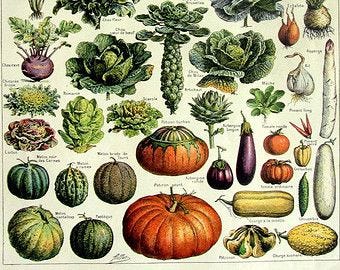You ever wake up in the night, worrying about the next day, unable to find rest? Winter has settled into Colorado’s Front Range and nighttime lows this week are expected to reach the single digits. Normally, I wouldn’t mind the deep freezes but trying new things has led to a longer season.
This past Fall our farm grew a record amount of storage crops intended for sale through a bi-weekly CSA box. Every other week our customers get a mix of storage crops like carrots, potatoes, turnips, radishes, etc. and winter greens from our unheated high tunnels. It has been an exciting new venture and one I believe to be extremely worthwhile.
Greens are shipped over 1,000 miles to reach grocery store shelves in deep winter with most US production taking place near Yuma, Arizona. Vegetable production on the border has led to the Colorado River not reaching the ocean, every drop being used to grow crops in a desert. These megafarms provide produce for 90% of the country every winter. Our thought was to bring a small portion of that produce home and provide supplemental greens to the wintertime diets of CSA members.
Winter farming comes with significant challenges and has provided a steep learning curve for our farm. Lying awake last night I started thinking about our cooler. This vault is currently holding nearly 2,000 pounds of crops that we grew in 2024. In order to deal with the cold temperatures, we are running a small heater in the space in tandem with an AC unit to keep the crops at 32 degrees.
In researching improved cold storage options, I ran into that fact that many commercial growers are using buildings with insulated floors and often in climate-controlled barns. Our cooler, however, sits on a cement pad standing outside in the elements. I started thinking about how I never thought to insulate the pad, especially since I designed the cooler to store produce during the summer. Creeping images of frozen ground rising through the floor and freezing cases of produce from below jumped through my mind.
Entrepreneurship and farming have led to many fitful nights of sleep. Whether the wind is blowing, or maybe the greenhouse heater is malfunctioning in the spring, all manner of worries has at one time, or another kept me up at night.
As I lay there, I considered my plan of action. First get into the crops and check them. Then lift the boxes onto pallets to allow air flow (i.e. cold or hot air from our climate-controlled system) to effectively keep the room temperature, finally pull those cases in a few inches from the walls for further airflow.
What if they were ruined? What if all that work was just to blow a crop at the end? How would I deal with customers who had been expecting their veggies into March? Thoughts like this poured through my mind, twisting my belly.
The next morning I was in the cooler checking things over. Each box of produce was picked up, given a look, and then restacked according to the new plan. Each one looked fine. A couple sprouting carrots, and some moldy tops but nothing like the catastrophe I had created in my mind hours earlier.
It took about 2 hours to rearrange the cooler for continued storage and I was able to join my family for my son’s checkup appointment.
I know I am not alone on these nights. Intrusive thoughts, probably much more significant, keep others up. I don’t know if a farm business will ever not be nerve racking. Farmers put so much on the line and even when everything goes perfectly and you have a cooler full of crops to sell, it can be hard to feel fully confident in your systems. It is high risk, low reward work. Sometimes we get lucky, sometimes we don’t.
It takes time, dedication, and persistence to create change. The value of my farming cohorts might not be realized anytime soon. The financial gains are slower than expected and the learning curve steep, but without trying we would be stuck buying produce in plastic clamshells from Arizona. I say that not ragging on southern growers. What they do takes tons of commitment and skill but comes at a tremendous cost.
It takes guts and risk to bring something new to the table, even if it only a modest salad. Change will only occur with these inherent risks. I do not expect to see the Colorado River return to the ocean in my lifetime, but without creating a new path forward I can guarantee to would never.
Farm News
The Farm Stand is officially closed for the season. Thanks to everyone who shopped with us this year. We are also done attending Farmers Markets until May.
The first seeds of 2025 are about to be sown marking a new beginning towards the growing season. These seed purchases are made possible through the support of our CSA members! Main Season CSA Shares are available for purchase through the button below.



